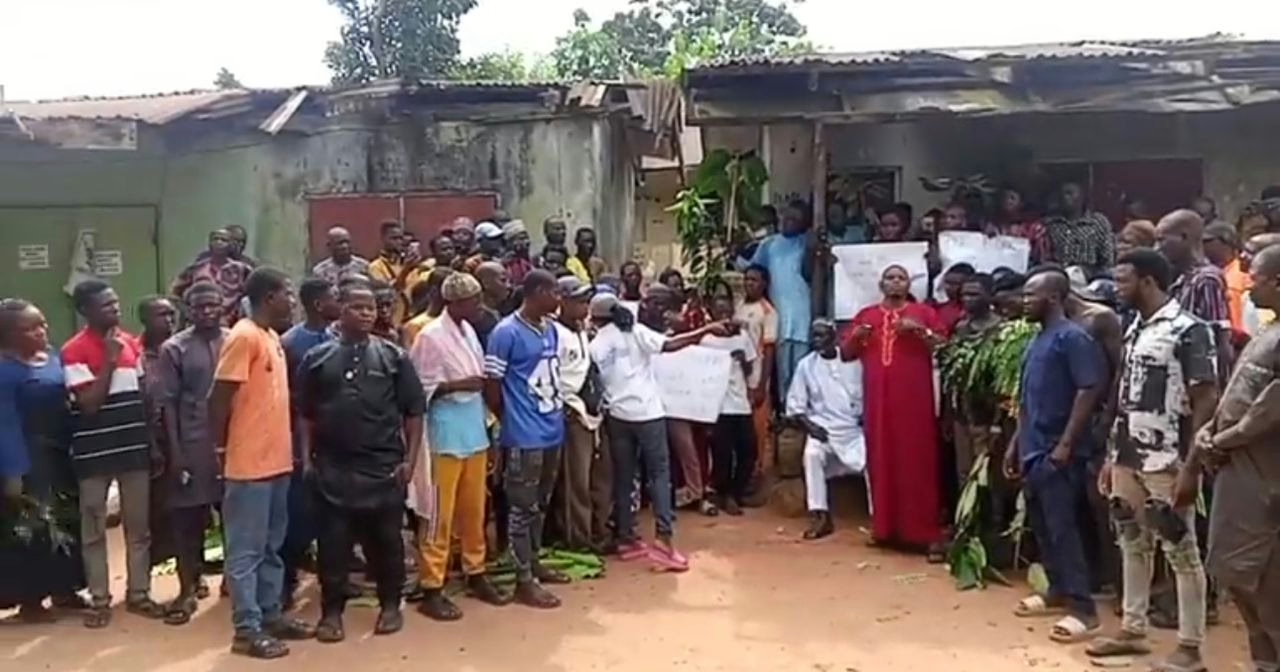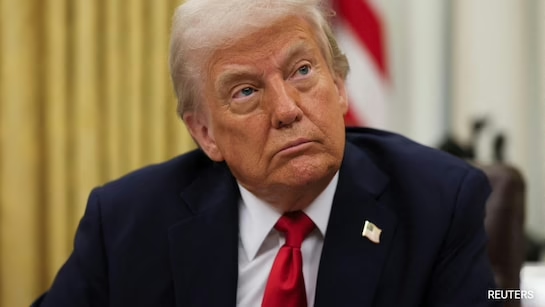The National Assembly has announced plans to forward the report of the ongoing review of Nigeria’s 1999 Constitution to the 36 state assemblies before the end of December 2025.
This is part of its scheduled timetable for the review process currently taking place across the six geo-political zones.
The Senate Leader and Chairman of the South-West zonal public hearing on the review, Senator Opeyemi Bamidele, made this known at the end of a two-day hearing in Ikeja, Lagos.
He said the next step is to compile and prepare the final report in Abuja for submission to the state houses of assembly as required by law.
During the hearing, issues such as devolution of powers, local government autonomy, creation of new states, and establishment of state police were raised by stakeholders.
Bamidele noted that without approval from two-thirds of the state assemblies, the National Assembly cannot complete the constitutional amendment process.
He urged stakeholders to work closely with lawmakers at the state level to push for the adoption of the proposals.
Lawmakers from all six states in the South-West zone were present at the hearing to listen to the views of their constituents.
Bamidele explained that the participation of state assemblies is not just expected but necessary, as they play a major role in the constitutional process.
Also speaking at the hearing, the Deputy Speaker of the Oyo State House of Assembly, Abiodun Fadeyi, who represented the Conference of Speakers of State Legislatures, called for more power to be given to subnational governments.
He said both federal and state governments should be allowed to make laws on issues such as solid minerals, labour, and telecommunications.
Fadeyi also backed the creation of state police, explaining that it would improve security, reduce the burden on the federal government, and create jobs.
He stressed that proper guidelines should be included in the amendment to define the powers and responsibilities of the state police, along with measures to prevent abuse and promote cooperation between the federal and state security systems.











Leave a Reply